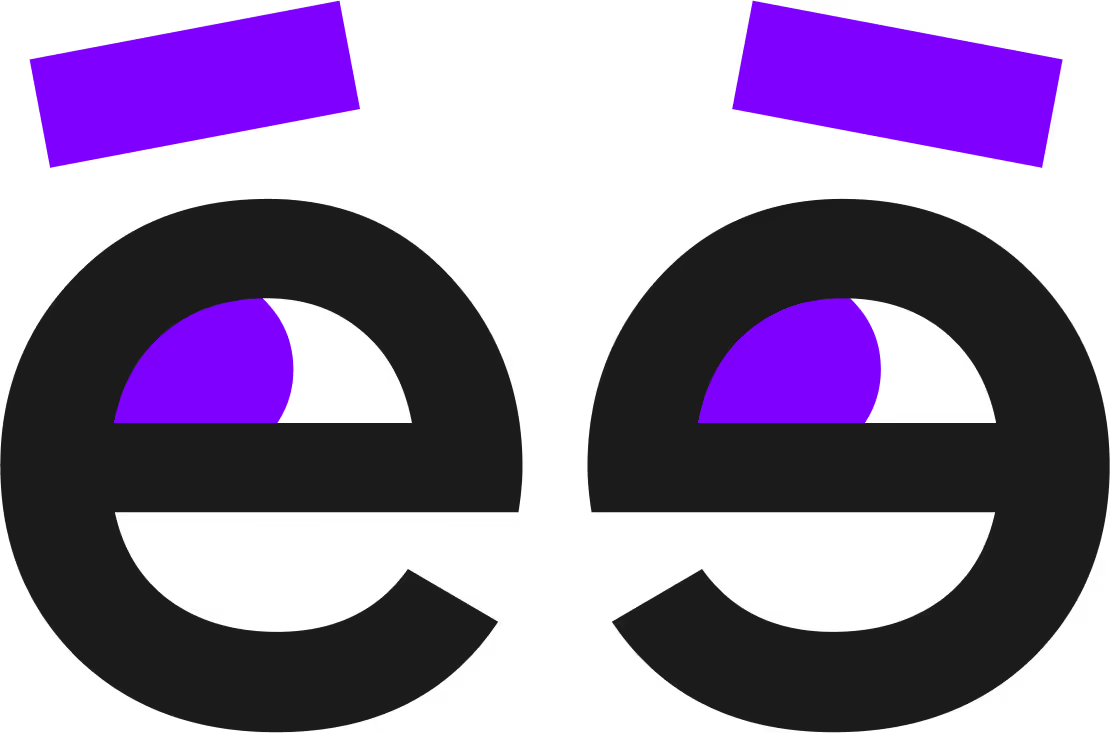What is AI deal intelligence?
AI deal intelligence uses artificial intelligence to analyze sales deals and provide insights to improve closing rates.
What can AI deal intelligence do?
It identifies deal risks, predicts outcomes, and suggests actions to increase sales success.
How does AI deal intelligence work?
It processes sales data with AI models to generate real-time recommendations and deal insights.
Is AI deal intelligence easy to set up?
Yes, most tools integrate quickly with CRMs and require minimal configuration.
Is AI deal intelligence free?
Some tools offer free trials, but most have paid plans starting around $50/month.
What is the common AI deal intelligence pricing?
Pricing typically ranges from $50 to $200 per user monthly depending on features.
What are the types of AI deal intelligence?
Common types include predictive analytics, risk scoring, and sales process automation.
Does AI deal intelligence work with email?
Yes, many tools analyze email interactions to provide insights on deal engagement.
What are the best AI deal intelligence tools?
Popular tools include Gong, Clari, Aviso, and People.ai for deal insights.
What are common AI deal intelligence integrations?
They commonly integrate with CRMs like Salesforce, email platforms, and communication tools.
















